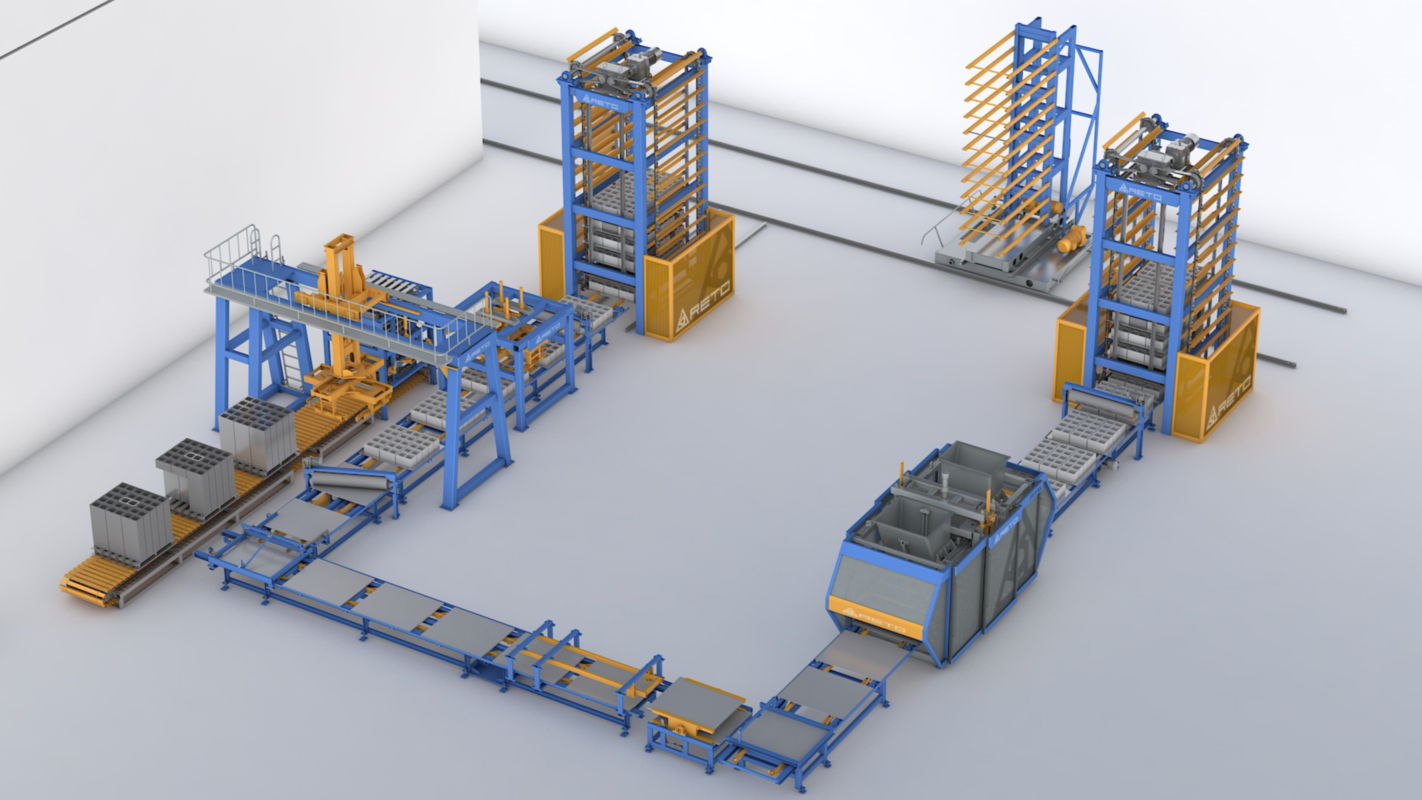Industry standards for concrete block strength and durability vary depending on the type of block and its intended use.
Here are some common standards for concrete block strength and durability:
Compressive Strength: Compressive strength is a measure of the maximum load that a concrete block can withstand before it fails. The compressive strength of concrete blocks is typically measured in pounds per square inch (psi) or megapascals (MPa). The industry standard for compressive strength of concrete blocks used in construction ranges from 1,500 psi to 5,000 psi.
Absorption: Absorption is a measure of how much water a concrete block can absorb. The industry standard for absorption of concrete blocks used in construction is typically less than 8%.
Freeze-Thaw Resistance: Freeze-thaw resistance is a measure of how well a concrete block can withstand repeated cycles of freezing and thawing without losing strength or durability. The industry standard for freeze-thaw resistance of concrete blocks used in construction is typically at least 300 cycles.
Sound Transmission Class (STC): STC is a measure of how well a concrete block can block sound. The industry standard for STC of concrete blocks used in construction varies depending on the application, but is typically at least 40 for exterior walls and 50 for interior walls.
Fire Resistance: Fire resistance is a measure of how well a concrete block can withstand fire. The industry standard for fire resistance of concrete blocks used in construction varies depending on the application, but is typically at least two hours.
It’s important to note that these are general industry standards and may vary depending on the specific application and local building codes. It’s important to consult with local building officials and follow applicable building codes and regulations to ensure that your concrete blocks meet the required standards for strength and durability.
What are the local building codes for concrete block strength and durability?
Local building codes for concrete block strength and durability vary depending on the location and intended use of the blocks. concret block making machine Building codes are typically established by local or national building authorities and are designed to ensure that buildings and structures are safe, durable, and meet certain performance standards.
Here are some common building code requirements for concrete block strength and durability:
Compressive Strength: Building codes typically require that concrete blocks used in construction meet certain minimum compressive strength requirements. In the United States, for example, the International Building Code (IBC) specifies minimum compressive strength requirements for concrete blocks based on the intended use of the blocks.
Absorption: Building codes may also specify maximum absorption requirements for concrete blocks used in construction. For example, the IBC specifies maximum absorption requirements for concrete blocks used in various types of construction, ranging from 6% for load-bearing exterior walls to 12% for non-load-bearing exterior walls.
Fire Resistance: Building codes may also specify minimum fire resistance requirements for concrete blocks used in construction. For example, the IBC requires that concrete blocks used in fire-rated walls have a minimum fire resistance rating of two hours.
Sound Transmission: Building codes may also specify minimum sound transmission requirements for concrete blocks used in construction. For example, the IBC requires that concrete blocks used in common walls between dwelling units have a minimum sound transmission class (STC) of 50.
Durability: Building codes may also require that concrete blocks used in construction meet certain durability requirements. For example, the IBC requires that concrete blocks used in exterior walls be durable and resistant to weathering and erosion.
It’s important to consult with local building officials and follow applicable building codes and regulations to ensure that your concrete blocks meet the required standards for strength and durability. Building codes may vary depending on the location and intended use of the blocks.
